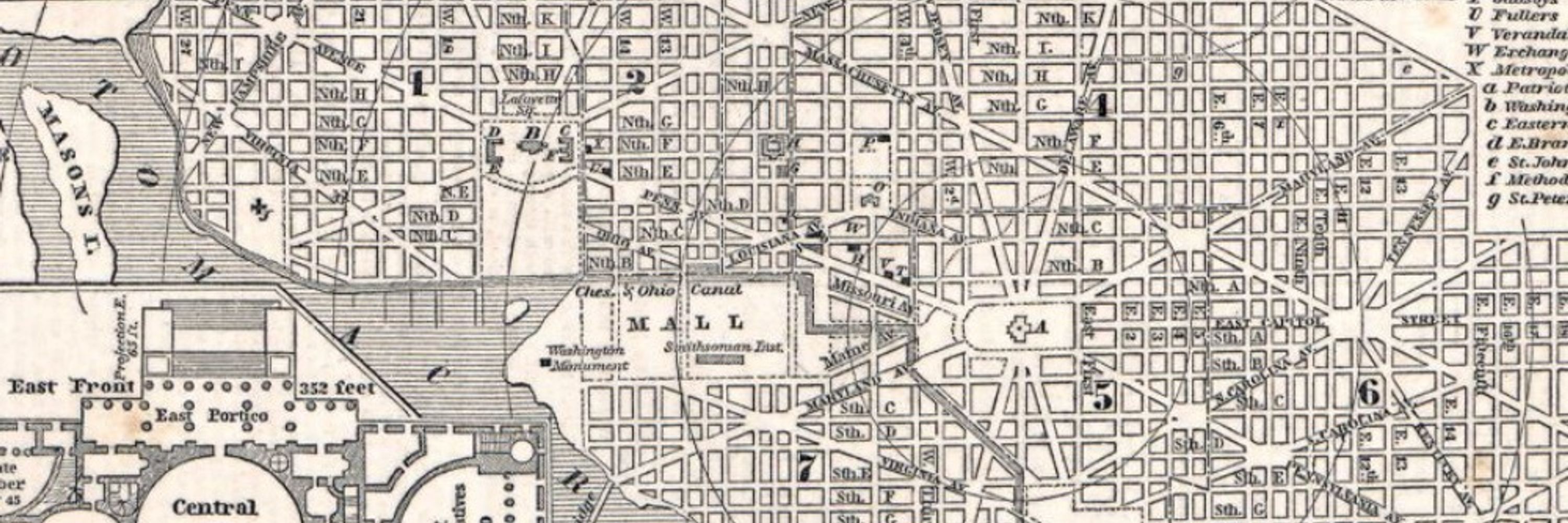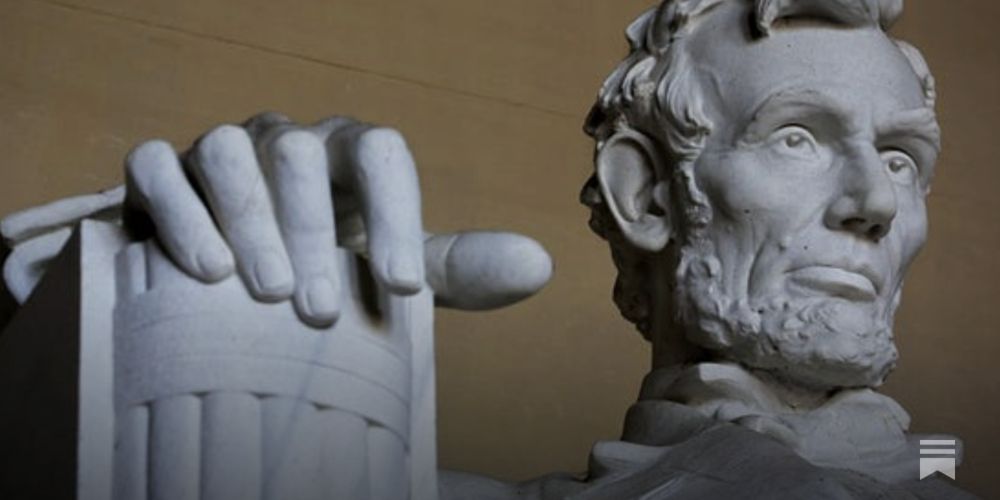
🗃️ Y'all I appreciate the Lincoln quote but we have to stop telling the story this way. Lincoln was not just reacting to a heinous decision, he was telling a vital truth about how people of the era understood constitutionalism. Near universal acceptance of judicial supremacy is a 20th c phenomenon 1/
New in PN: Lincoln warned that if government policy "upon vital questions affecting the whole people… is to be irrevocably fixed by decisions of SCOTUS… the people will have ceased to be their own rulers.” It's like Abe was addressing the Roberts Court.

It's like he was talking specifically about the Roberts Court.
It's the difference in perspective of the role of SCOTUS considered less than 100 years after the Constitution's publication vs 237 years after. Since it is so hard to update that document, it is only going to get worse.
The ultimate authority is, and always should be, the people. We make the laws. We decide what the Constitution means. We determine what is legitimate and illegitimate. We choose to cede that authority to SCOTUS and remain passive when it's abused, but it's still ours to begin with.
Historical context? Okay. This quote is in direct contrast with his order to "remove" natives in 1864.
Rare for me to say Andrew Jackson was right (and he was not right about the case he was mad about) but his whole “the Court has made its ruling now let them enforce it” vibe is something I think about often
Fortunately, the US Constitution provides a remedy: amendment. And it worked then with the Second Founding Amendments 13, 14, 15. But it failed for ERA, and there is no consensus to use it in our present day.
🗃️ The Marbury decision is about judicial review (the power to review constitutional cases) not judicial supremacy (ultimate authority over the Constitution). Even if Marshall declared judicial supremacy in that case (itself a dubious claim), he held a distinct minority view in American society 2/
